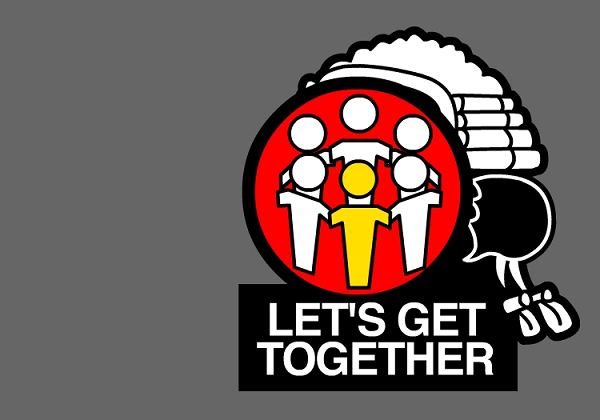The World Movement for Democracy (WMD) and International Center for Not-for-Profit Law (ICNL) is hosting a two-day workshop on ‘Defending Civil Society: Securing a Safe and Enabling Legal Environment for Civil Society in Myanmar’ on 25-26 January 2013 in Yangon, Burma. The programme is as follows: (I) International norms and standards – Understanding civil society principles (II) Learning from other international experiences in the region and the defending civil society toolkit (III) The legal environment for civil society in Burma – Prioritizing the challenges (IV) Reviewing the current NGO law in Burma in light of the defending civil society principles – How does it measure up? (V) The way forward – Recommendations for securing a safe and enabling legal environment for civil society. Edmund Bon representing the MCCHR (@PusatRakyatLB) made the following intervention (in substance) at Session (II).
I understand that the Government is looking at revising the 1988 law on the registration of organisations. Civil society would like to engage the Government in providing input during the revision process. The Government has through it officials initiated informal overtures inviting civil society’s views.
Malaysia has quite restrictive laws on the formation of organisations, for example the Societies Act 1966. Many laws were drafted without consultation with those affected and some are now outdated, arguably unconstitutional. Having more laws do not necessarily guarantee greater liberties as there are some laws ‘bad’ for the climate of freedom.
In brief, these are five practical steps civil society should consider before engagement:
1. Frame the exercise of forming organisations in the language of the peoples’ fundamental rights to expression, assembly and association under the Constitution of the Republic of the Union of Myanmar 2008, Article 354:
Every citizen shall be at liberty in the exercise of the following rights, if not contrary to the laws, enacted for Union security, prevalence of law and order, community peace and tranquility or public order and morality:
(a) to express and publish freely their convictions and opinions;
(b) to assemble peacefully without arms and holding procession;
(c) to form associations and organizations;
(d) to develop their language, literature, culture they cherish, religion they profess, and customs without prejudice to the relations between one national race and another or among national races and to other faiths.
You are asserting the basic rights of the citizens to form organisations.
2. Within your group, decide:
(a) on the type of work you specialise in and do best: is it education and training, intervention and litigation, policy and law reform, documentation and advocacy, or others; and,
(b) on the causes or issues you are championing.
3. Human rights must regarded as universal, interdependent, inter-related and inclusive. Do not disengage with groups that you may disagree with. Identify all groups – registered or unregistered and working on similar causes or issues as yours or otherwise – and call for a discussion to share ideas and concerns about the 1988 law. Form a loose coalition if necessary.
4. Conduct a ‘political mapping’ analysis using the #BigPicture framework. Then, identify a spectrum of allies and opponents. See how you can strengthen ties with your allies, and bring over opponents to your side.
5. Discuss the ‘positives’ and ‘negatives’ of the 1988 law:
(a) ask if a law regulating the formation of organisations is necessary
(b) ask if the 1988 law meets international standards
(b) ask if the 1988 law contravenes the guaranteed rights under the Constitution
(c) ask if amendments are necessary, and if so, what the amendments are; or if the 1988 law is to be rejected altogether.
We can converse in a bit more detail about these steps in the next few sessions. Thank you.

